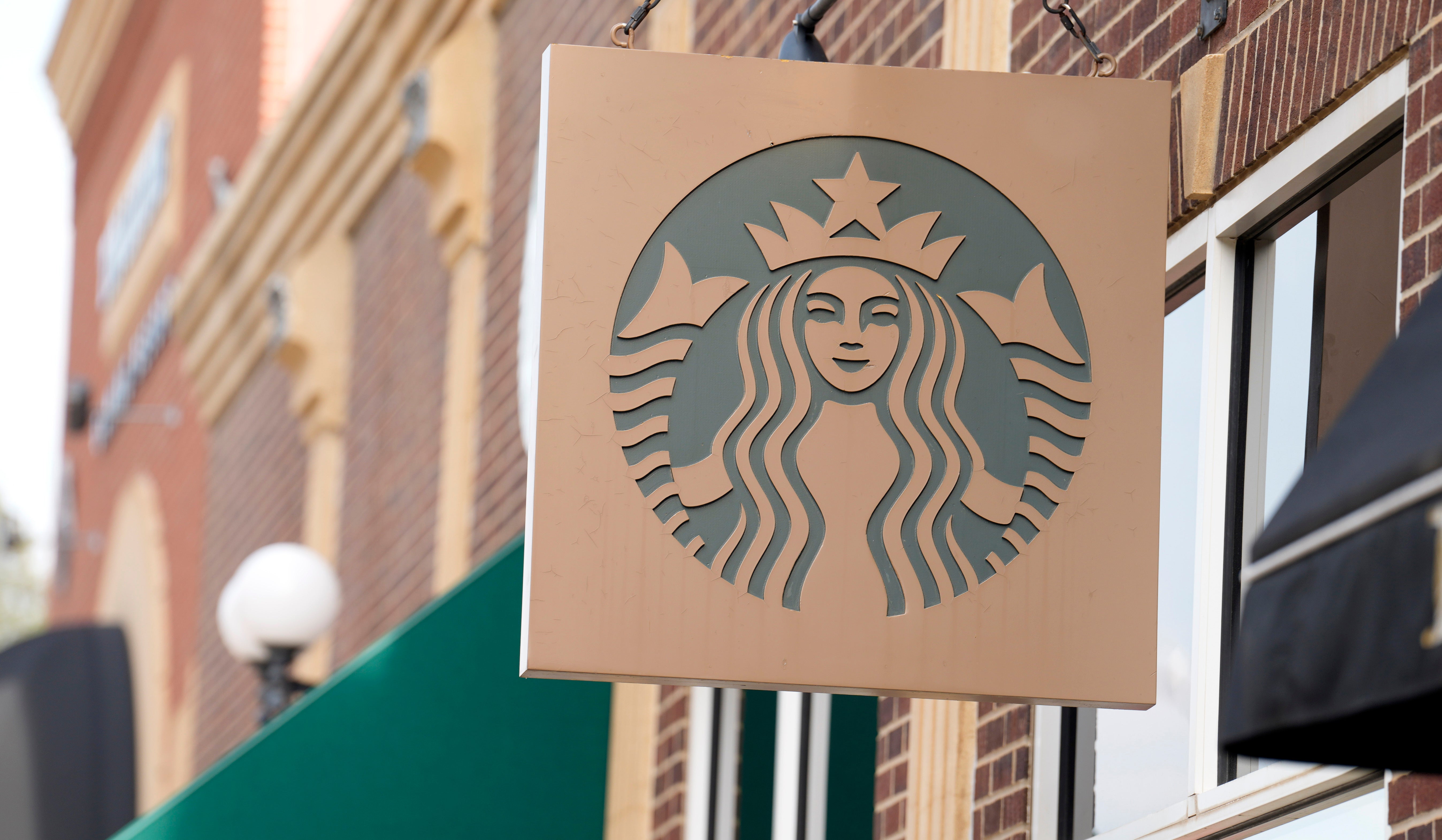Starbucks sued by consumer group that calls its claim of ethical sourcing false and misleading
A consumer advocacy group filed a lawsuit against Starbucks Wednesday, saying the company’s claim that its coffee is ethically sourced is false and misleading

Your support helps us to tell the story
From reproductive rights to climate change to Big Tech, The Independent is on the ground when the story is developing. Whether it's investigating the financials of Elon Musk's pro-Trump PAC or producing our latest documentary, 'The A Word', which shines a light on the American women fighting for reproductive rights, we know how important it is to parse out the facts from the messaging.
At such a critical moment in US history, we need reporters on the ground. Your donation allows us to keep sending journalists to speak to both sides of the story.
The Independent is trusted by Americans across the entire political spectrum. And unlike many other quality news outlets, we choose not to lock Americans out of our reporting and analysis with paywalls. We believe quality journalism should be available to everyone, paid for by those who can afford it.
Your support makes all the difference.A consumer advocacy group filed a lawsuit against Starbucks on Wednesday, saying the company’s claim that its coffee is ethically sourced is false and misleading.
The National Consumers League cited media reports of abuses on farms that supply coffee and tea to Starbucks. The group said the cases cast doubt on Starbucks’ packaging, which states that the company is “committed to 100% ethical coffee sourcing.”
Starbucks said Wednesday it was aware of the lawsuit and will “aggressively defend against the asserted claims.” The lawsuit was filed in Superior Court in the District of Columbia.
Among the incidents cited in the lawsuit was a 2022 case in which police rescued 17 workers — including three teenagers — from a coffee farm in Brazil where they were made to work outdoors without protective equipment and lift 130-pound sacks of coffee. The case was covered by Repórter Brasil, a group of journalists that investigates workers’ rights and environmental issues.
Starbucks said Wednesday it had no information about that case.
“We take allegations like these extremely seriously and are actively engaged with farms to ensure they adhere to our standards,” the company said.
The lawsuit also cites a 2023 report by the BBC exposing rampant sexual abuse and grueling working conditions on the James Finlay tea plantation in Kenya. James Finlay was a supplier to Starbucks at the time, but Starbucks said Wednesday it no longer buys tea from that plantation.
Starbucks buys around 3% of the world’s coffee. The company says it works with 400,000 farmers in more than 30 countries.
Starbucks developed ethical sourcing guidelines in 2004 and uses third parties to verify conditions at its suppliers. The company says it has zero tolerance for child labor and requires farmers to provide a safe, fair and humane working environment.
But the National Consumers League said Starbucks is misleading consumers by failing to disclose that its certification program doesn't guarantee ethical sourcing.
The group is asking the court to stop Starbucks from engaging in deceptive advertising and require it to run a corrective ad campaign.
“Starbucks’ failure to adopt meaningful reforms to its coffee and tea sourcing practices in the face of these critiques and documented labor abuses on its source farms is wholly inconsistent with a reasonable consumer’s understanding of what it means to be ‘committed to 100% ethical’ sourcing,'" the group said in its court filing.